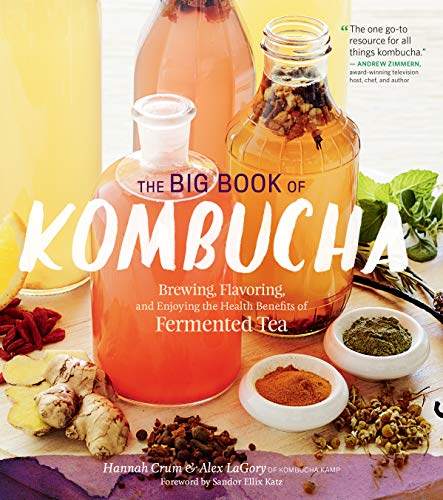Nope. I won't be watching a 2hr video on the off chance there's a weak rebuttal that was too insignificant to highlight.
Nothing you have posted addresses
@tommo original question, and is anything more than personal preference.
The two beersmith videos clearly demonstrates that pressure as high as 30psi to not be detrimental to yeast health and performance, and ester control by added pressure is a effective and commercially accepted way of controlling esters. White and Bamforth succinctly answer the original post.
If you want to promote esters ferment open, of you want control or suppress esters ferment under pressure. Different FV and fermentations are tools to achieve desired outcomes.











































